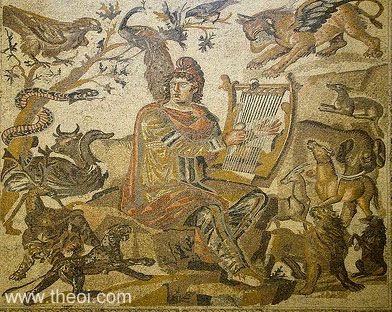 I know the vast numbers of spam artists and hamburger architects which frequent competing blogs and fill the gaping void in their life with pictures of cats and animated GIF images of dancing babies don't actually read this blog for any other purpose than to determine my status as a 'mark', 'dupe', 'sucker', or 'escaped mental patient', but I strive for excellence, nonetheless.
I know the vast numbers of spam artists and hamburger architects which frequent competing blogs and fill the gaping void in their life with pictures of cats and animated GIF images of dancing babies don't actually read this blog for any other purpose than to determine my status as a 'mark', 'dupe', 'sucker', or 'escaped mental patient', but I strive for excellence, nonetheless.First and foremost, disaster struck recently when the internet went down for what seemed like months, there was a great wailing and gnashing of teeth, books were burnt, and small furry animals where hunted with a pencils and rubber bands, before it switched back on seconds later.
Two employees of the 'Corporation which shall not be named' attempted an escape yesterday and had copious amounts of hallucinogenic drugs reintroduced to their systems before they could return to work on their dissertation on Orpheus and his fabled adventure, which we hereby publish without reimbursement:
"Orpheus was just this guy, you know?"
In light of the perceived brevity of this product, we hired an incompetent team of robots to scour the web in search of a slightly more detailed article, but they went on a killing spree and we were subsequently forced to cobble together the following from notes scrawled on a cocktail napkin during our interrogation of our late employee who was supposed to provide this earlier:

"Orpheus was the greatest bard in ancient history, his music going so far as to enthrall even the beasts and birds.
His young wife, Eurydice, died and, being stricken with grief, he descended to the underworld and there he managed to win the favor of the ruling gods with his lyre and song. They agreed to return his wife so long as he walked before her as they left the underworld, and never turned once to look back at her on his way out.
This he didn't manage very successfully. He felt the need to check on her progress, turned to look, and she reached for him, but only grasping air, slipped back into the netherworld, forever."
Plato's Symposium suggests that the gods thought Orpheus' love wasn't true, if he wasn't a pansy zither player he would have pulled a Romeo and offed himself, thus (and perhaps because the dead have no bodies) the rulers of the underworld could only provide him with a shade of Eurydice.
Achilles, on the other hand, passionately attacked the Trojans for the love of Patrocles, despite knowing this would end in his own death, as per his mother's warning.
I guess there is more to the story, given that the Wikipedia article appears quite lengthy, but the cocktail napkins are pretty small, and the ink ran a lot.
Is Plato's Symposium correct in it's assessment? Perhaps. Though, since Circe refers to Odysseus and his companions as 'twice dying men' in the Aeneid after their descent to Hades, could we also consider Orpheus as having similarly died? Does Plato's Phaidros consider this only a figurative death, and thus the gods returned to Orpheus a likewise figurative shade of Eurydice? Real lovers, like Achilles, really die, but those without true love, love only a shade?
No idea. I'm not paid to think, and I'm almost positive another employee is digging through the wall in the linen closet.
1 comment:
As well they should, you have fine 1,200 TC Egyptian sheets.
Post a Comment